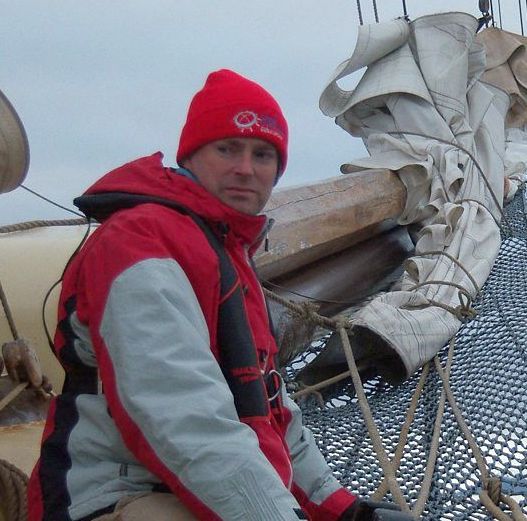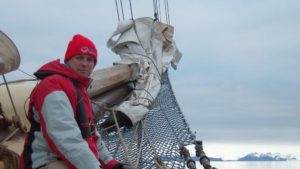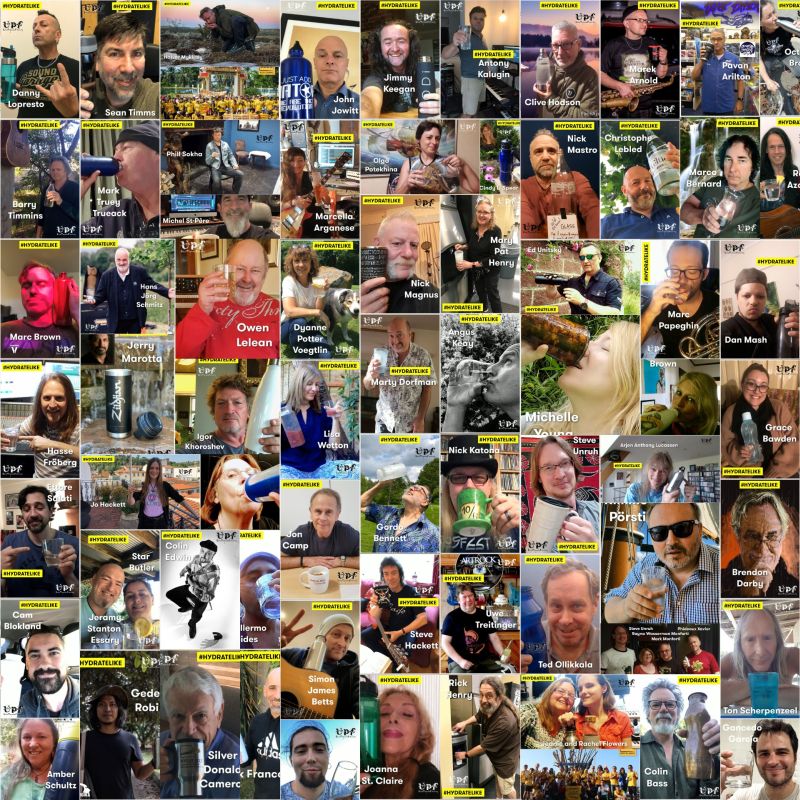MARK MASLIN (CLIMATE SCIENTIST)
Guest Narration on ‘Loss (Anthem)’ and ‘Mercenaries’
“The twenty first century is the ‘human century’ because of the huge global challenges we face. Global inequality, global security, environmental degradation and climate change are the most pressing issues of our time. Of these, climate change is the most insidious as it make all the other problems worse. So our challenge this century is to build win-win solutions that tackle these multiple challenges. These are easy to conceptualise and design but of course much harder to implement given all the vested interests created by our warped global economy.
World leaders signed the Paris climate change agreement in 2015 pledging to keep global temperature rise below 2˚C and if possible limit it to just 1.5˚C. To achieve a 2˚C target climate models indicate that global carbon emissions must peak by 2020, reach zero between 2060 and 2080 and then become negative through to 2100. To achieve a 1.5˚C target then we will must do the same but carbon emission need to be zero by 2050. Hence climate change challenges the fundamental way we generate energy, grow food, transport and consume natural resources. This inevitably leads to conclusion that major changes are required to society both locally and internationally. I see this century through the eyes of an optimist – as deep down politicians and the public know our rules currently governing society are outdated and not fit for purpose and new governance systems will be required to deal with these immense challenges. To quote Bob Dylan “The Times They Are a-Changin'” but I would contend “not fast enough”. But where there is humanity there is always hope, and it is through music and art that the inspiration for change starts and spreads.“
Mark Maslin FRGS, FRSA is a Professor of Earth system sciences at University College London. He is the Director of the London NERC DTP and is a Royal Society Industrial Fellow working with Rezatec Ltd a company he co-founded. Maslin is a leading scientist with particular expertise in global and regional climatic change and has publish over 160 papers in journals such as Science, Nature, The Lancet and Nature Climate Change.
He has been awarded £45 million in grants and has worked with a large number of Governmental agencies and NGOs. He was a Director and Trustee of TippingPoint a charity dedicated to bring artists and scientist together to help tackle climate change and global sustainability. As Director of the UCL Environment Institute he also ran a dynamic artist and writer in residence program.
He has also written 11 books, over 50 popular articles and appears regularly on radio and television. His books include the high successful ‘Climate Change: A Very Short Introduction’ (OUP, 2014), The Cradle of Humanity (OUP, 2017) and The Human Planet co-authored with Simon Lewis (Penguin, 2018). He was one of the lead authors on the 2009 Lancet report “Managing the Health effects of climate change’ and is part of the Lancet Countdown on health and climate change whose latest report will be published in Oct 2018. He was included in Who’s Who for the first time in 2009 and was granted a five-year Royal Society Wolfson Research Merit Award in 2011 for his work in East Africa.




